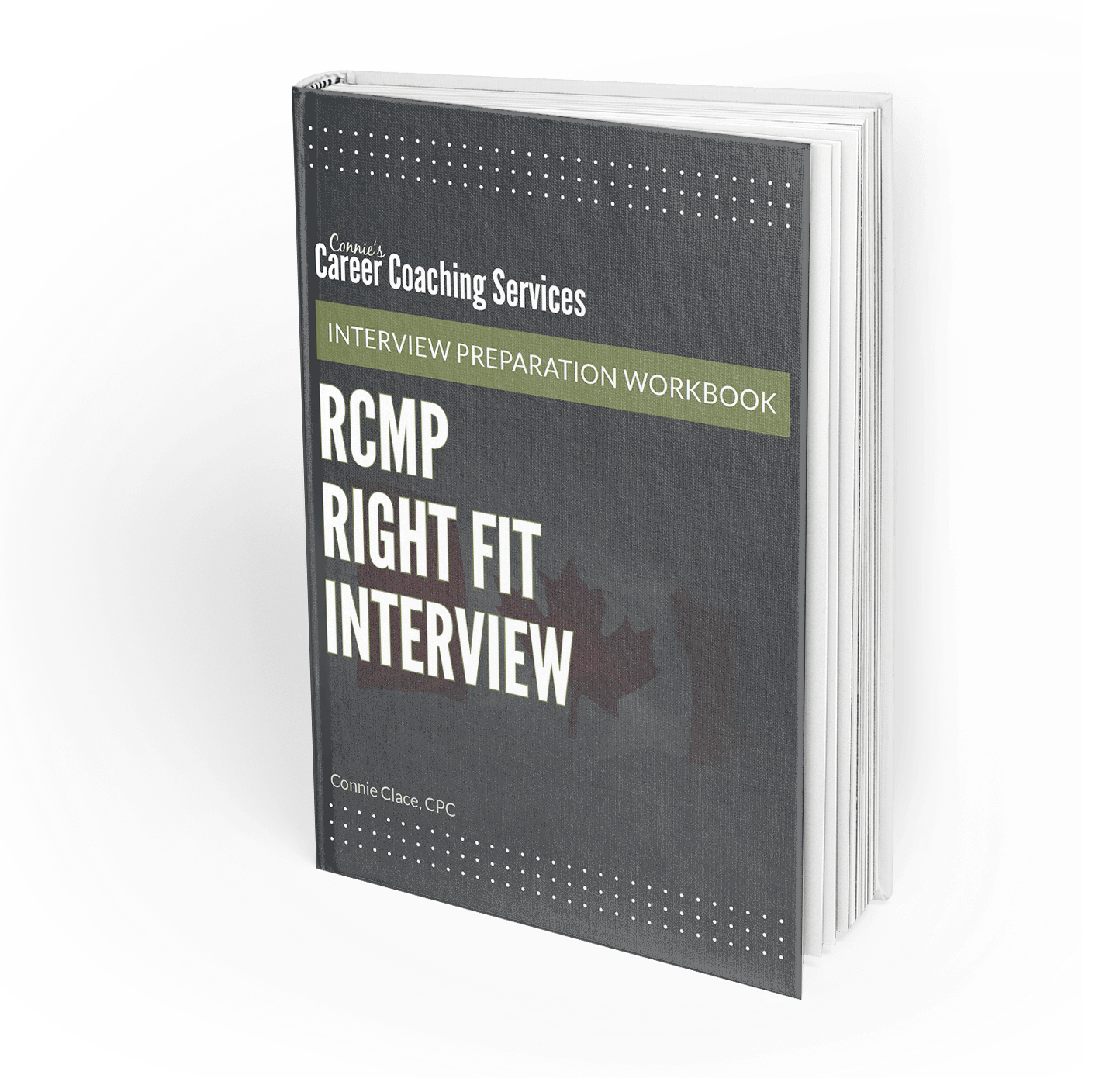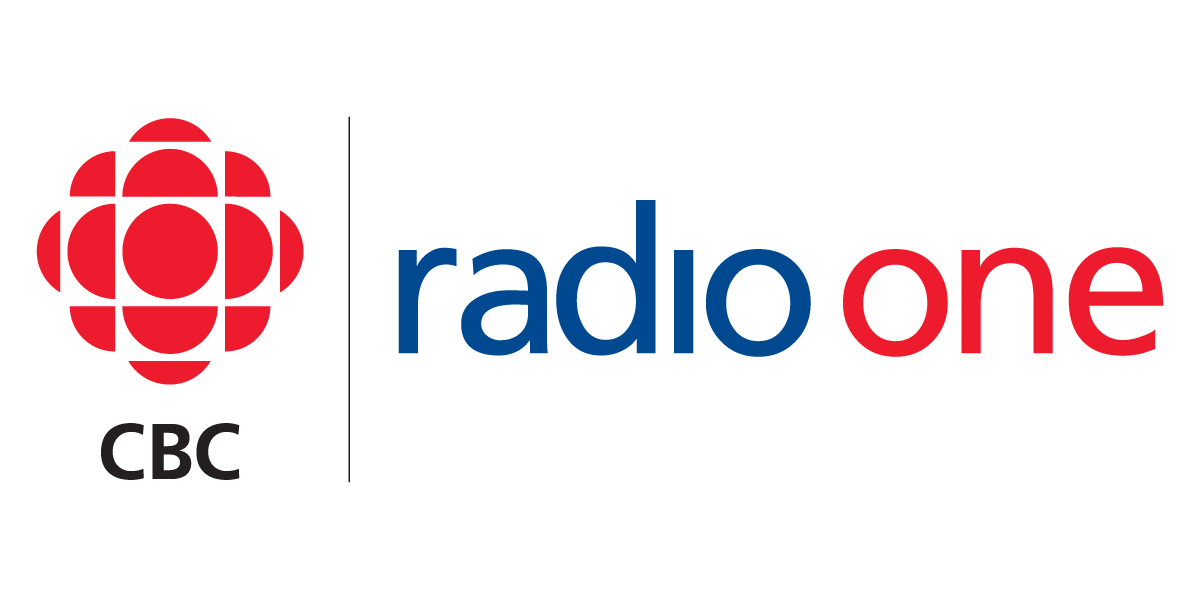Are the little things important in an interview? Can they make a big difference to the overall impression that the hiring manager gets about you? Sometimes the little things may not seem important, and on their own, probably won’t make a big difference in the outcome of the interview, but combined, they might be the difference between you getting the job or someone else getting it. I have talked about this before, but feel it is important enough to review again.
So, what are these “little” things that can be so important?
- Arriving too early. We all know that we must never, ever arrive late. However, being excessively early won’t be good either. It might put pressure on the interviewer to have someone sitting in their waiting room a long time. But it also leaves you potentially making conversation with someone else in the room that might not be favourable.
- Sitting down before you are invited to do so. Always wait until you are offered a seat, or at least until the interviewer sits down, before you sit down. Don’t be presumptuous. It simply speaks to good manners to wait and be offered a seat.
- Appearing distracted during the interview. If you are constantly looking at your watch, or checking your cell phone (which, of course, shouldn’t even be visible), then you are sending a message that you have something more important to be doing. And you definitely do not want to give that impression. You want to make sure that the interviewer knows you have nothing more important to be doing right now than this interview.
- Body language that’s too relaxed. Again, these are the little things. Good posture, steady eye contact with the interviewer, appropriate hand gestures, are all important, albeit minor, things that can make the interviewer have a more positive feel about you as a person and potential employee.
There are many other little things to watch for during an interview, but these are a few good ones to start practicing. Regardless of the type of interview, whether it be a short, informal one for a summer job, a very formal executive interview, in front of an Interview Board, or a competency based interview, i.e. Federal Government, Police, Fire, etc., the rules are all the same. The more you interview and practice these skills, the more natural they will become. If you’re not sure how you are doing, do a mock interview with someone who is skilled at conducting interviews, or engage the services of a Certified Professional Career Coach experienced in conducting interviews to help you work through the process.
Do you know someone who is faced with this challenge? Feel free to share this post by using the share links at the top of this page. Also, if you’d like more interview tips, feel free to check out the interview resource page.


Leave a Reply